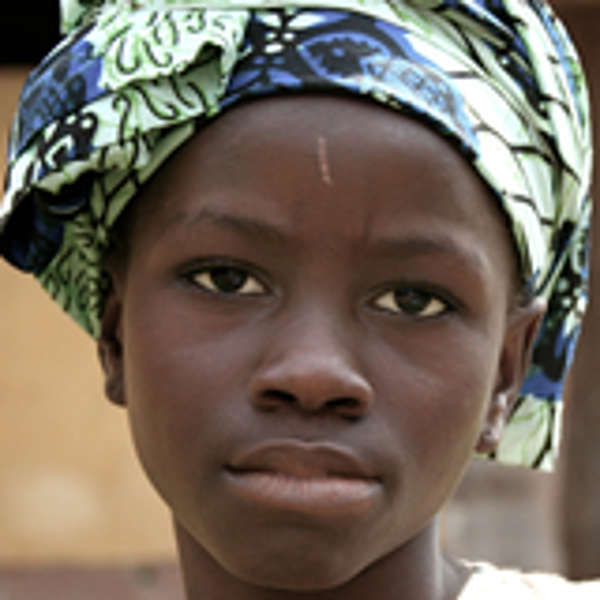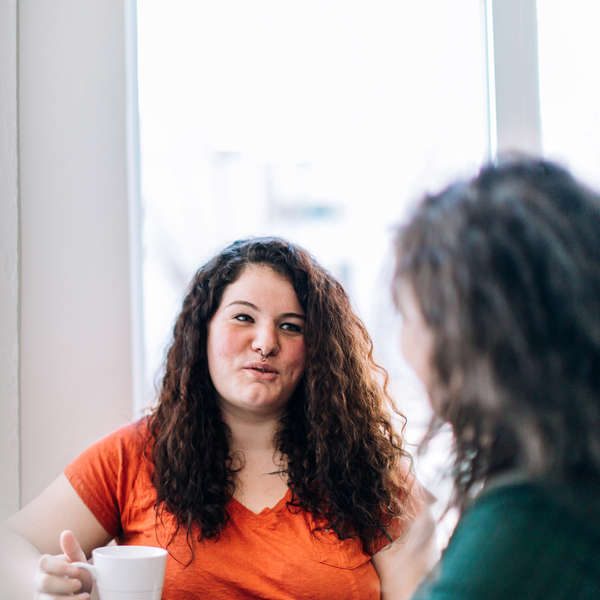Every child, everywhere
by Sebilu Bodja, Director of Africa Operations

In 2010, I joined Bethany’s groundbreaking global work with family preservation in Ethiopia, introducing foster-to-adopt programs that emphasized caring for children within a family setting. This emphasis on the family is what differentiates Bethany in Africa’s child welfare landscape. Most organizations working here focus on a variety of interventions—water, education, health, etc. Although these are important and sustaining for children and families, they are not foundational. Where others try to make impacts from the outside in, Bethany starts with the family and then works outward. When families are strong, they impact the community and society.
In Africa, there’s a strong sense of family cohesiveness but not an overall realization of the family’s critical role in caring for children. That role has become clearer as families have disintegrated due to poverty, HIV, and other factors.
Bethany’s foster-to-adopt concept introduced a cultural shift in the approach to child welfare in Ethiopia. The concept of a family caring for a biological child is deeply entrenched, but the idea of caring for a child not biologically part of your family is entirely new. It requires a profound understanding and conviction about why you would do this.
What you’ve seen taking place in the U.S.—churches embracing adoption and the Christian community responding to the needs of children and families—is growing on the other side of the world, and we have seen big momentum. To date, we have placed 155 children in Ethiopian adoptive families. This would have been unheard of even a few years ago.
From our faith perspective, we believe God’s design is for every child, everywhere, to have a loving family. Through local churches, families are beginning to see that every child in an orphanage, and every child on the streets, is our responsibility. When we started our program in Ethiopia, many thought our biggest challenge would be finding enough families for all the children who needed homes. But to our surprise, the opposite happened. In our local community, we were able to find more families willing to be trained as foster parents than we had waiting children. When we present this opportunity in local churches, the people say, “I’ve wanted to do this for a long time. God used you to bring this message.”
At its root, this is God’s blessing. Family-based care makes a huge difference, not only for children and families but for the new culture emerging from it.
What is the traditional, cultural role for fathers in Ethiopia?
Fathers are traditionally breadwinners. Their role is providing financial and physical security for the family. Household matters, including raising children, are generally left to mothers. We know that time dads spend with their kids is important for attachment, bonding, and healthy child development, but Ethiopian fathers aren’t seen as relational—they typically don’t spend a lot of time with their children.
If a father’s main role is to provide, is it financial hardship to add children to the family through foster care and adoption?
Bethany’s training for foster and adoptive parents empowers and equips them to see parenting in a different light. We talk to fathers and mothers about taking time to relate to their children, especially a child who may have history of trauma. Families are telling us this training is helping them be better parents for all of their children. Spouses are telling us they are revisiting how they relate with each other—fathers are supporting mothers and becoming more involved in the family dynamics at home.
We also offer the Family Preservation and Economic Empowerment program which equips parents with tools to build relationships, strengthen attachments, and resolve conflicts so the addition of a child is a blessing, not a burden. The program provides a holistic approach that strengthens families by immediately addressing their most pressing issues while over time helping them achieve economic self-sufficiency.
Are local leaders accepting of or skeptical about Bethany’s work in Ethiopia?
When I speak to people about finding families for children, the need is obvious. They say, “We didn’t realize how important this is.” When I speak at churches and other faith-based organizations, there’s an immediate trust. I talk about God’s design for children in families, and churches say, “Yes, you are speaking our language.” The message is very well received.
Government partners have also been receptive. They too have seen the need but haven’t always been poised to respond as Bethany has, with a proven, viable solution. They say, “If this works, we’re on board.” We’ve had requests from government agencies asking us to train their social workers and share our curriculum. We’re now doing this in several countries.
As interest expands to new countries, how does Bethany adapt to different cultural norms and values?
Our programs are not always exportable “as-is” from one country to another. Bethany’s approach is to find local leaders and partners who can connect us with solutions that address local needs. Not many international nonprofits are doing this.
Partnerships are essential. Every request for partnership is an opportunity for ministry. Even when the potential partner is asking for resources, it’s a privilege that they want to work with us. Bethany takes that very seriously, vetting the right partners and sharing information about what has been effective in other countries. This partnership approach has gained Bethany a lot of respect, even in countries where we don’t yet have an office.
What is most satisfying to you?
Early in my career, I managed development programs in Ethiopia with government and international organizations. But my passion was to be “on the ground,” seeing the difference my work made in people’s lives.
I am filled with so much joy every time I get a report that we have placed a child in a family. I want to go and visit them in their new home. It’s painful to visit orphanages and see children who don’t have families. They run up to you and say, “Papa! Daddy!” without knowing your name. We are working to find families for these kids so they can have a daddy of their own.
How has this work changed you personally?
This work has changed how I parent my three children. When you work so closely with kids who don’t have families, it makes you want to fulfill your role as a father to your fullest potential. I think many fathers in Ethiopia don’t realize what their role could be in their children’s lives—being present, spending more time with them, and creating healthy attachment.
This work has also changed me professionally. I work hard, and I care about getting the job done. I used to take work home with me, but I’ve changed that. I no longer look at my emails when I get home. The best moments in my day are when I’m spending time with my children.
Bethany is doing transformative work in Africa. Ethiopia is a developing country with a lot of poverty, and it’s common to see children on the street who have been abused or neglected. There’s a tendency to become desensitized to what is all around us. But we are helping others see these children in a different light. We are asking, “What if those children were your children?”
My passion comes from that discontent, and it drives me to keep moving forward. This work has transformed what I do every day—it has transformed me. I see needs differently, and I am a better parent as a result.



